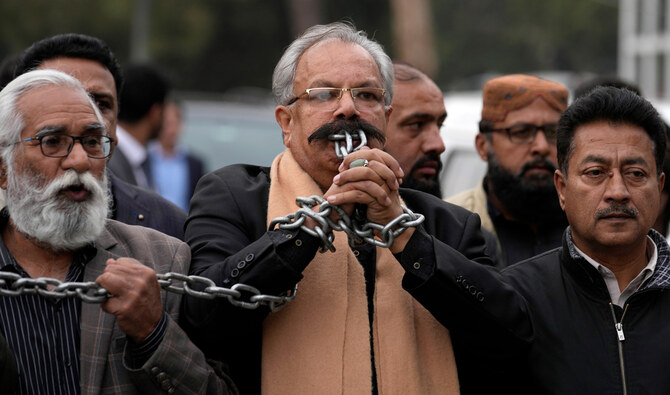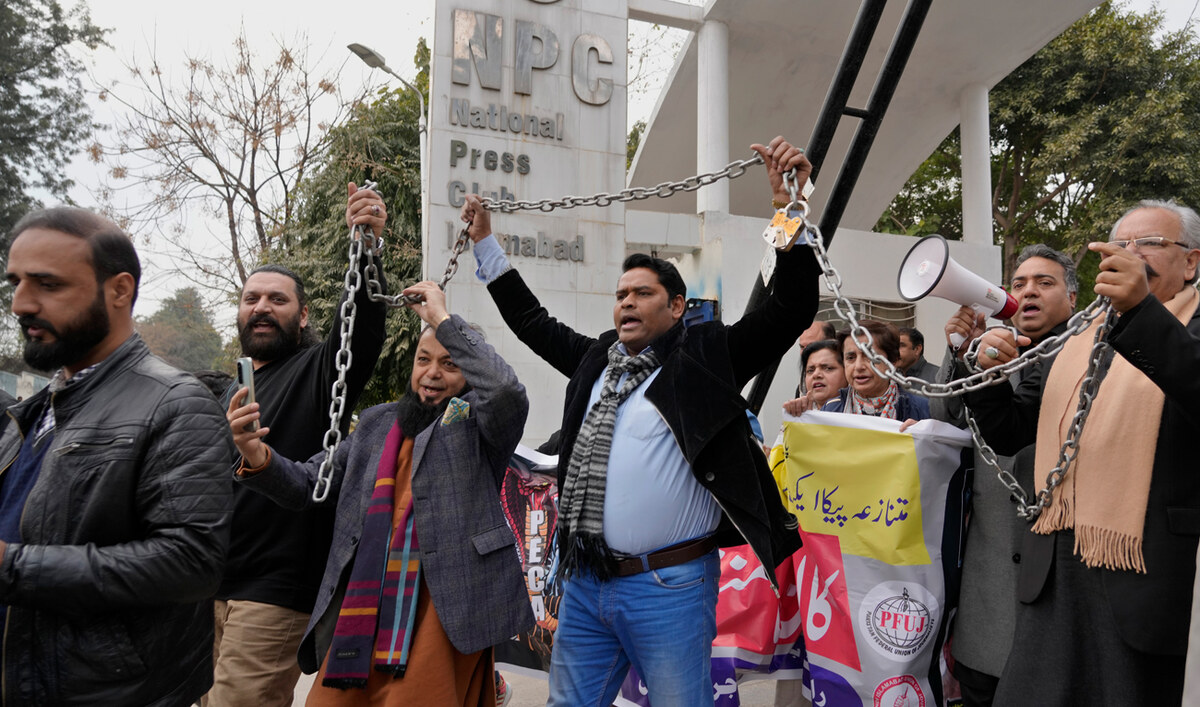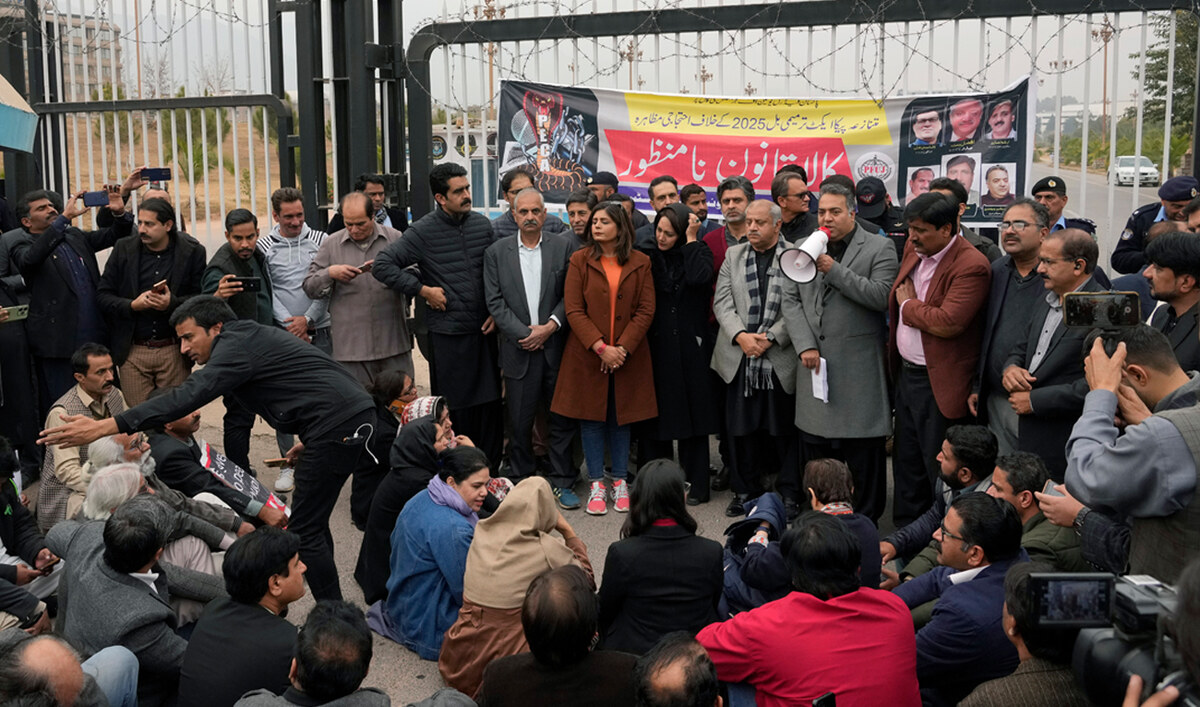ISLAMABAD: Eight leading fintech companies from Pakistan participated this week in the three-day 24 Fintech 2024 exhibition held in Riyadh where they “showcased their innovations and engaged with global industry leaders,” Islamabad’s embassy in Riyadh said in a statement on Thursday.
Several Pakistani fintech players have entered the scene in recent years, with a focus on digital payments, mobile wallets and e-commerce. The key players include payment platforms like JazzCash, Easypaisa, and PayPak, digital lending platforms like Finja and Tez Financial Services, and e-commerce platforms like Daraz and Shopsy. The State Bank of Pakistan has also launched initiatives to promote fintech, including a digital payments framework called RAAST.
However, with only 21 percent of Pakistan’s adult population included in the formal financial sector, fintechs face numerous challenges to realize their potential. With a limited talent supply and the population’s trust in cash, fintechs are struggling to offer innovative solutions to capture the unserved market and have limited sources of investments.
“The 24 Fintech 2024 exhibition held from 3-5 September 2024, celebrated the best in fintech and provided key opportunities for [Paksitani] companies to expand their reach and enhance their knowledge,” the Pakistan Embassy in Riyadh said on Thursday.

Ahmad Farooq, Ambassador of Pakistan to Saudi Arabia, attends 24 Fintech 2024 exhibition in Riyadh on September 5, 2024. (Photo courtesy: Pakistan Embassy)
“Among the highlights was the participation of eight leading fintech companies from Pakistan, who showcased their innovations and engaged with global industry leaders.”
The exhibition also helped to “promote and position Pakistani fintech companies globally,” the statement added, without specifying which Pakistani firms participated in the event.
Hosted by Saudi Arabia’s Financial Sector Development Program (FSDP), the Saudi Central Bank (SAMA), the Capital Market Authority (CMA), and the Insurance Authority (IA), the exhibition and summit enjoyed a three-day run at the Riyadh Front Exhibition and Conference Center from Sept. 3-5, attracting 36,959 thousand attendees, more than 300 brands, and over 350 investors.

Ahmad Farooq, Ambassador of Pakistan to Saudi Arabia, attends 24 Fintech 2024 exhibition in Riyadh on September 5, 2024. (Photo courtesy: Pakistan Embassy)




















